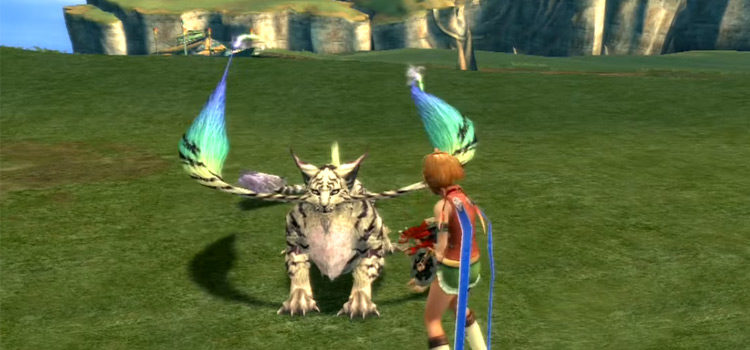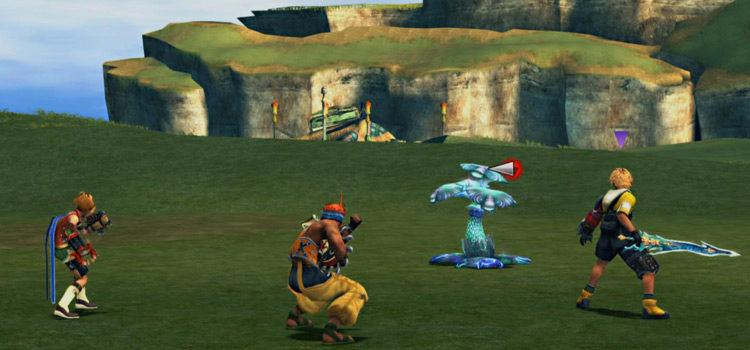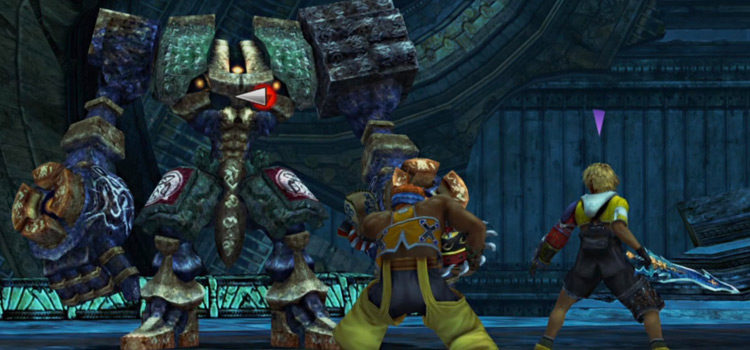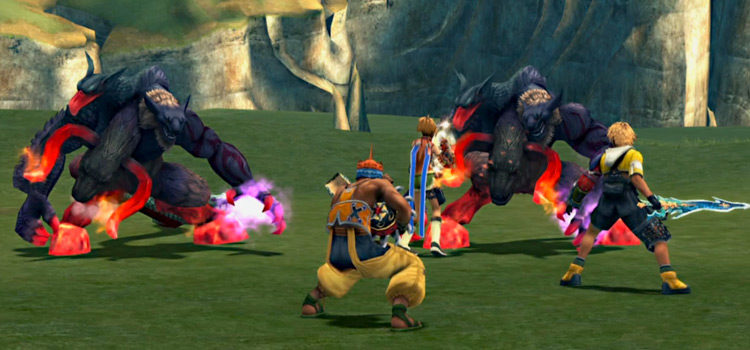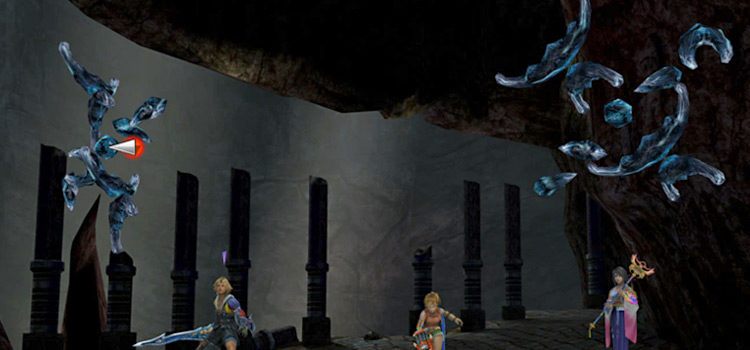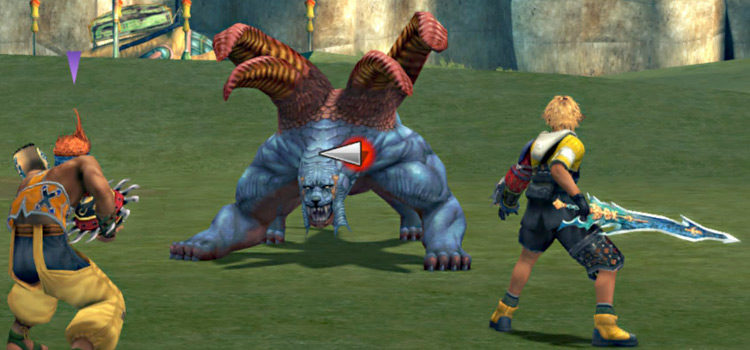What Are Spheres Of Influence? (Victoria 2)
This post may contain affiliate links. If you buy something we may get a small commission at no extra cost to you. (Learn more).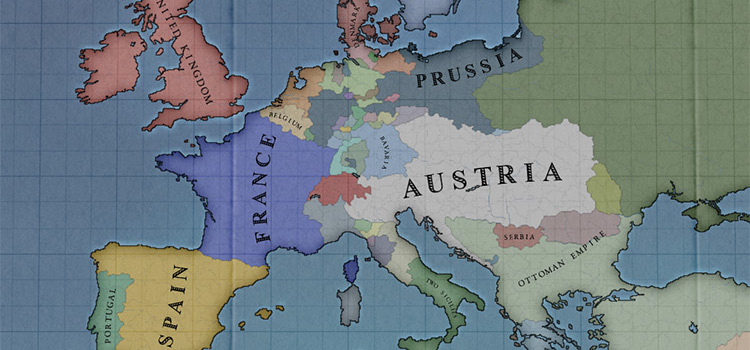
In Victoria 2, a sphere of influence is a group of countries, called spherelings, that are diplomatically controlled by one of the eight great powers of the world. The controlling country is usually referred to as the spherelord.
The great powers are constantly competing to add industrialized (and sometimes even non-industrialized) nations to their respective spheres of influence.
Even if you’re playing as a minor power that has little say in global politics (for now), you should know the ins and outs of spheres of influence to get the most out of them.
Being in a sphere of influence is not as strong a bond as being a puppet state. But it still grants the master country quite a few perks, and it can also be useful for the sphere members.
Economic Effects
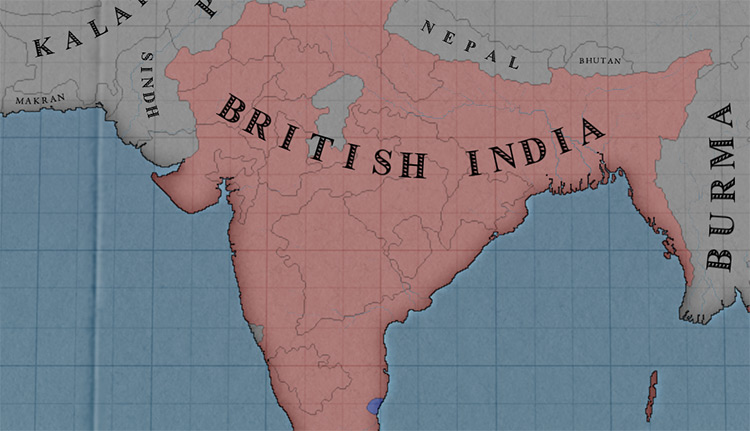
Being in a sphere of influence creates a common, internal market among all members.
More specifically, the percentage of trade goods contributed by a sphered nation is based on its status:
- Secondary power will provide 50%.
- Industrialized nations will provide 75%.
- Non-industrialized nations will provide 100%.
This has several important implications:
- It makes some raw resources and goods more readily available compared to the global market if your ranking is low. Obviously, what goods will be for sale varies based on which countries are part of your sphere of influence and what regions of the world they control.
- It can be very beneficial if you are a small country with a low ranking because it will grant you easy access to the manufactured goods that you need to industrialize, such as cement, machine parts, and steel, all provided by your spherelord which is hopefully industrialized already.
- Conversely, a great power can use a large sphere of influence to obtain raw resources such as tropical wood, coal, iron, and oil (later in the game) that would otherwise be scarce in the homeland and are needed for its factories.
Pro Tip: Tropical wood is just a nice addition, useful if you want to build a profitable luxury furniture factory. Coal, iron, and oil, on the other hand, are often indispensable to growing one’s industrial, economic, and military might. Prioritize them.
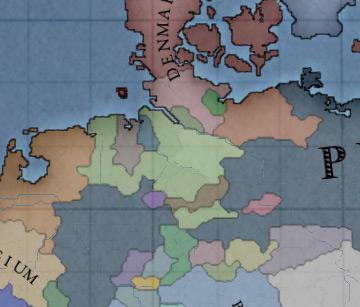
There are some less obvious, insidious economic drawbacks that come with a large sphere of influence:
- As all the goods from within your own sphere of influence are considered part of the common market, a growing sphere of influence will result in lower income from tariffs. A maxed-out tariff slider and a protectionist ruling party will not help you much if you are only buying “domestically”.
- Well-established artisans from large, non-industrialized countries with a high population will compete with your factories, and so will those of your fellow sphere members, putting a strain on your economy if it’s still in its infancy.
On the whole, a large sphere of influence is usually beneficial because you will generally want low tariffs and an industry that is free to compete in the global market. That way your capitalists may invest in the actually profitable factories, not in the ones barely staying afloat because of subsidies.
Diplomatic Benefits
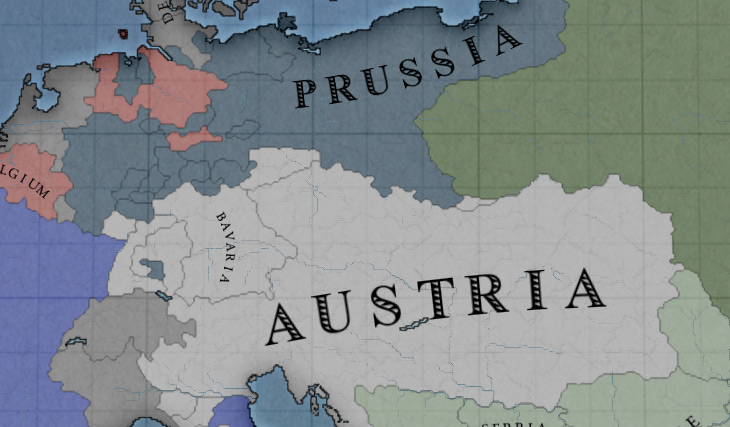
A sphere of influence is also a group of loosely allied countries that usually maintain at least amicable relations with one another.
Of course, the bond between a sphereling and its spherelord will by default be stronger than the bond between two spherelings, and the spherelord will in general stand to gain more from the sphere of influence existing.
The main perks are:
- Prestige: Gaining a bit of prestige when a nation is first added to the sphere of influence will increase one’s overall score and help to preserve great power status.
- Security: Nations in the same sphere of influence are much more likely to form alliances, and a great power with a swarm of industrialized minions behind its back is much scarier than a great power on its own: other countries will think twice before attacking it.
- Military advantage: A sphereling can never be called to war against its spherelord, not by an ally and not by a puppet master. So if you are playing Prussia and sphere Holstein it won’t be able to help Denmark when you inevitably declare war.
- Unification: Most unification decisions changing your tag to a formable, such as Avanti, Italia!, The North German Federation, Three Hurrahs for Germany, and För Brodrafolkets Vål will be enactable even if you do not control the necessary provinces directly but have sphered their owners.
The main benefit of being a sphereling, on the other hand, is safety: an alliance with the local great power and faith in diplomacy and common sense will keep you much safer than faith in diplomacy and common sense alone ever could.
Risk Of War
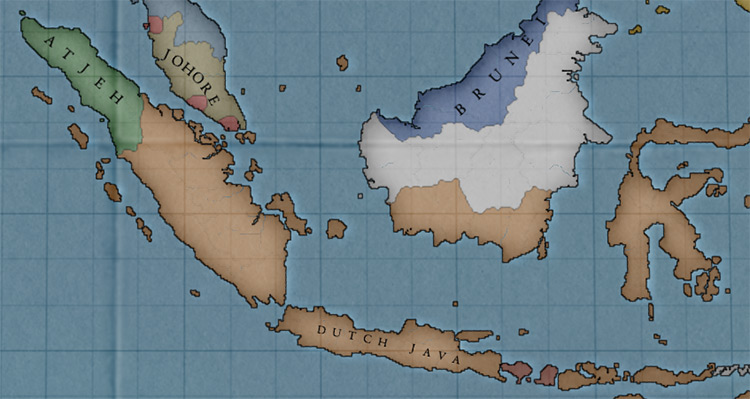
A sphere of influence does not come without a cost.
Every country you sphere is a country the other great powers will want. And interests clashing will eventually result in open war.
All the land you claim, be it through conquest or negotiations, will be the object of someone else’s desire.
You cannot outmaneuver diplomatically a larger army forever. So either find powerful allies to keep your equally powerful enemies at bay – possibly while you enlarge your sphere of influence to tip the scales in your favor – or suffer the consequences of your ambition.
Pro Tip: An enemy with a large sphere of influence cannot protect it all from a power with no satellites to defend. Take away the two or three largest countries and the balance of power may shift.
As a sphereling, you will have even less control, and that is indeed the key reason for not wanting to be a sphereling: lack of control.
When you’re a great power, you can blame yourself for your bad decisions. And when an unwise course of action has dire consequences at least they were yours to choose.
As a satellite of a not-so-great power, on the other hand, you may suffer military occupation and even annexation because of your master’s diplomatic missteps.
You will have to walk a fine line between sacrificing part of your autonomy in exchange for security, and the chance to grow stronger and being sacrificed for another nation’s sake.
